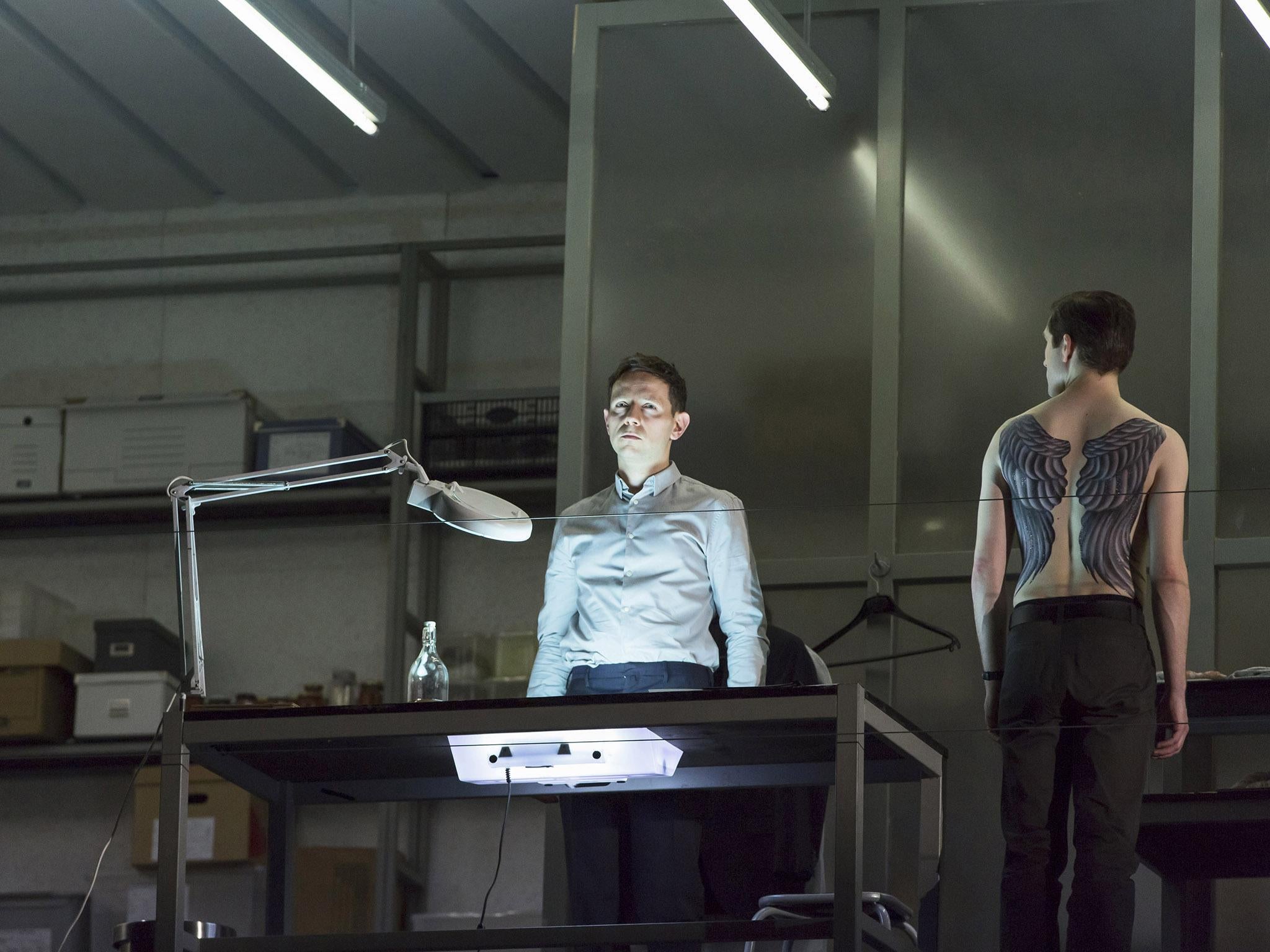Written on Skin, Royal Opera House, London, review: George Benjamin creates a modern fluorescent-lit world
Benjamin revives his opera with much of the original cast – just three years after its premiere

Your support helps us to tell the story
From reproductive rights to climate change to Big Tech, The Independent is on the ground when the story is developing. Whether it's investigating the financials of Elon Musk's pro-Trump PAC or producing our latest documentary, 'The A Word', which shines a light on the American women fighting for reproductive rights, we know how important it is to parse out the facts from the messaging.
At such a critical moment in US history, we need reporters on the ground. Your donation allows us to keep sending journalists to speak to both sides of the story.
The Independent is trusted by Americans across the entire political spectrum. And unlike many other quality news outlets, we choose not to lock Americans out of our reporting and analysis with paywalls. We believe quality journalism should be available to everyone, paid for by those who can afford it.
Your support makes all the difference.Rarely can a new opera have been so universally welcomed as George Benjamin’s Written on Skin, acclaimed as a masterpiece both here and in Europe, and already being revived at the Royal Opera House only three years after its premiere, conducted again by the composer with much of the original cast.
Inspired by a 12th-century troubadour story, a wealthy man (Protector, performed again by a powerful Christopher Purves) takes in an illustrator (eerily otherworldly Iestyn Davies) to immortalise his worldly success in a book. His wife (virtuoso soprano Barbara Hannigan) entices the boy into an illicit love affair, leading the Protector to murder the boy and force his unknowing wife to eat her lover’s heart.
This medieval human drama is literally framed by other timescales cleverly evoked by designer Vicki Mortimer and director Katie Mitchell. A modern fluorescent-lit world of archaeologists documenting the past segues seamlessly into the eternal abode of three angels who both incarnate and dispassionately assist the action. The world is shown as a palimpsest where forests will become shopping-malls.
Musically, the opera sits somewhere between Pelléas and Wozzeck, but that fails to convey either how extraordinarily accomplished the instrumentation is, or how pleasing on the ear. Martin Crimp’s seeming artifice in having the protagonists narrate themselves ends by achieving more resonance and intensity than any mere appeal to emotions could manage.
Performances on 18, 23, 27 and 30 January at 8pm
Box Office: +44 (0)20 7304 4000; www.roh.org.uk
Join our commenting forum
Join thought-provoking conversations, follow other Independent readers and see their replies
Comments